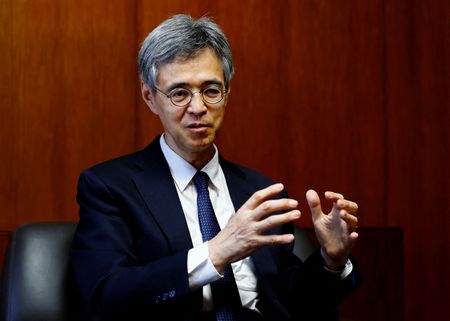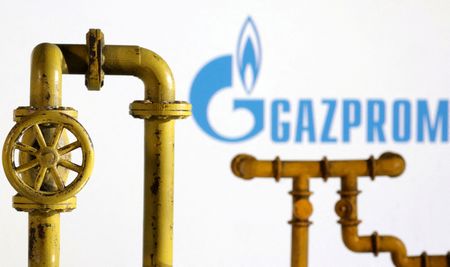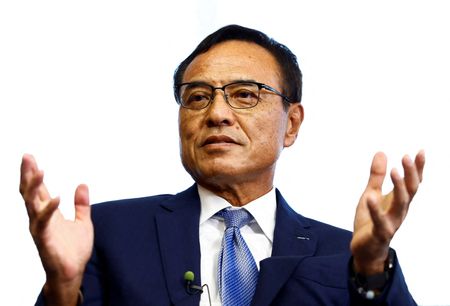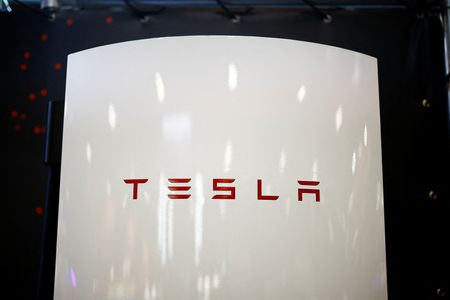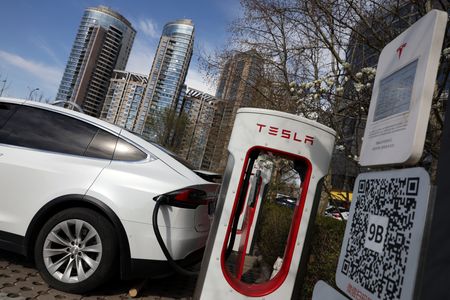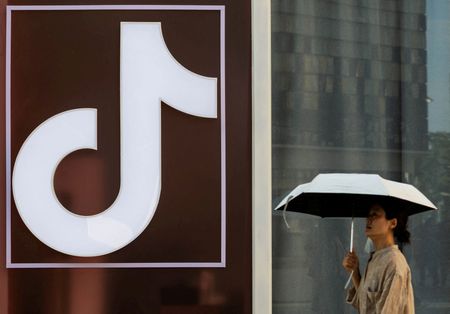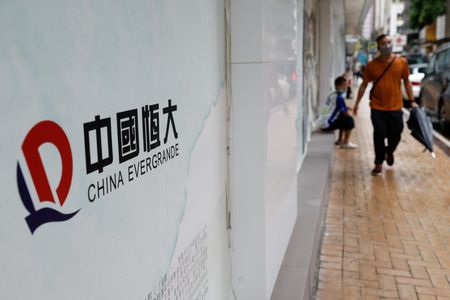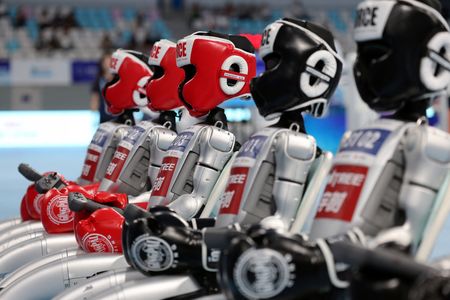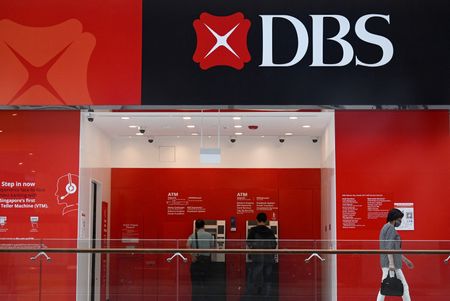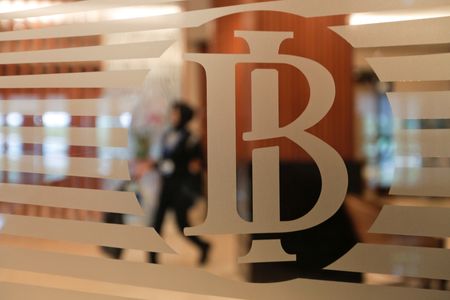By Leika Kihara
KUSHIRO, Japan (Reuters) -Bank of Japan Deputy Governor Ryozo Himino said on Tuesday the central bank should keep raising interest rates but warned that global economic uncertainty remains high, suggesting it was in no rush to push up still-low borrowing costs.
While Japan’s trade deal with the U.S. helps alleviate uncertainty over the economy, the exact impact of U.S. tariffs remained unknown at this time, he said.
“At the moment, the risk of a larger-than-expected impact may deserve greater attention,” Himino said in a speech to business leaders in Kushiro, northern Japan. “Overall, the global economy still faces high levels of uncertainty.”
Himino also said there were both upside and downside risks to the inflation outlook. While Japan’s tight labour market may push up wages, slowing global growth and the hit to Japan’s economy from higher U.S. levies could weigh on prices, he said.
“After temporarily stalling due to slowing growth from the impact of tariffs, we expect Japan’s underlying inflation to eventually stabilise around levels consistent with our 2% target,” Himino said.
“If our baseline scenario is realised, it would be appropriate to continue raising interest rates in accordance with improvements in the economy and prices,” he said.
Himino offered few hints on how soon the central bank could raise interest rates, saying only that it needs to ensure rate increases are neither premature nor too late.
“If it becomes clear the impact of U.S. tariffs (on Japan’s economy) won’t materialise much, that would work in favour of raising interest rates,” Himino told a news conference.
But it was hard to predict exactly when the BOJ would know how significant the tariff impact was, he added.
The yen weakened and Japan’s Nikkei stock average briefly extended gains after Himino’s remarks, as some market players saw them as less hawkish than expected.
The BOJ exited a massive, decade-long stimulus last year and raised short-term rates to 0.5% in January on the view Japan was on the cusp of sustainably achieving its 2% inflation target.
While consumer inflation has exceeded the BOJ’s target for well over three years, Governor Kazuo Ueda has vowed to go slow in hiking rates on uncertainty over the impact of U.S. tariffs on Japan’s economy.
But stubbornly high food inflation and prospects of sustained wage growth have led some BOJ board members to warn of second-round price effects that could warrant another rate hike.
Nearly two-thirds of economists polled by Reuters in August expect the BOJ to raise rates again later this year.
Formerly head of Japan’s bank regulator, Himino has been critical of the BOJ’s ultra-loose monetary policy and seen by markets as among those on the board more eager to hike rates.
Himino said the BOJ should reduce its presence in the Japanese government bond (JGB) market as keeping excessive money in place unnecessarily could carry risks.
“It would be prudent to reduce the size of (the BOJ’s) balance sheet over time,” including by unloading its holdings of risky assets like exchange-traded funds (ETF) and real estate trust funds (REIT), Himino said.
“We will think about how to deal with our outstanding ETF and J-REIT holdings” building on the BOJ’s experience selling stocks it purchased from financial institutions in the past, he said.
Himino declined to comment, when asked in the news conference the timing for when the central bank could start considering a plan to unload its risky asset holdings.
(Reporting by Leika Kihara; Editing by Shri Navaratnam and Sam Holmes)

